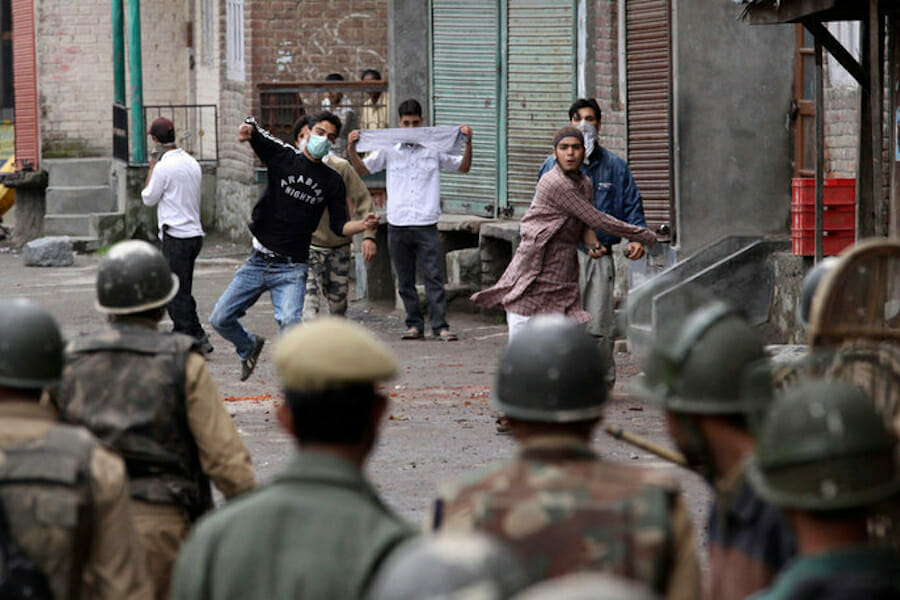
The Unforeseen Future of Kashmir
Kashmir, known globally as “paradise on earth,” covers approximately 85,783 square miles which is almost as big as Britain. It is the only Muslim-majority state in India where seven million people of different ethnicities and religions are living side by side. The region was annexed by India in October 1947 when the British colonial administration left the subcontinent, and Maharaja Hari Sing, the then ruler of Kashmir, surrendered the region to India after he was threatened in 1947 by an invasion of tribesman from Pakistan. Since then, Kashmir has been administered as a special state of India as per Article 370 of India’s constitution.
As the constitutional safeguard of autonomy of Jammu and Kashmir, this provision protects this conflict-ravaged region from outside immigration. In addition, this Article has empowered Kashmir to have its own constitution and flag although foreign affairs and defense are governed by India’s central government. Most importantly, India needs approval from the state assembly before amending its constitution or any national laws which will be executed in the region. The Bharatiya Janata Party has opposed Article 370 for decades, and the party had included the removal of Article 370 in its 2019 election manifesto. The government of India has rationalized the withdrawal of special status for Kashmir based on terrorism and national security. India has accused Pakistan of supporting terrorism as it did following the Mumbai attacks in 2008 and the Pulwama attacks in February 2019.
Just a few days back, Narendra Modi’s government repealed Article 370 despite India’s Supreme Court ruling that Article 370 cannot be abrogated illegally. Aimed at suppressing any sort of civil protest and disorder, tens of thousands of troops have been deployed. Schools and universities, markets, and banks have been shut down; transportation has been closed; Internet, TV, and social media have been suspended; and elected representatives of Jammu and Kashmir are now under house arrest. Pakistan’s Prime Minister Imran Khan tweeted his outrage over India’s moves against Jammu and Kashmir: “The curfew, crackdown & impending genocide of Kashmiris in IOK is unfolding exactly acc to RSS ideology inspired by Nazi ideology. Attempt is to change demography of Kashmir through ethnic cleansing. Question is: will the world watch & appease as they did Hitler at Munich?”
India and Pakistan are in a diplomatic race for gaining international support for their respective claims. It is worth mentioning that Pakistan is now a very close strategic ally of China, and the foreign minister of Pakistan had a short official visit to China a few days ago to discuss this issue with his counterpart in Beijing. China has reassured support for Pakistan if Imran Khan takes the issue to the next session of the UN General Assembly. The U.S. is engaged in a trade war with China, the strategic ally of Pakistan. The U.S. has shifted its attention towards India in an attempt to contain China. But it is also true that the U.S. needs Pakistan’s support in Afghanistan. The European Union has also reaffirmed its normative position in favour of respect for human rights and self-determination. What are the reactions from the Muslim world? Iranian President Hassan Rouhani, during a telephone conversation with Imran Khan on 11 August, exhibited deep concern over the killing of innocent people in the region, whereas Turkey’s President Erdogan has also expressed its steadfast support for Pakistan on the Kashmir issue. But Russia has thrown its support behind India.
The probability of a full-scale all-out war between India and Pakistan, both nuclear armed, is very low, even taking the nuclear deterrence doctrine into careful consideration. In the meantime, expect a further war of words between Pakistan and India.

